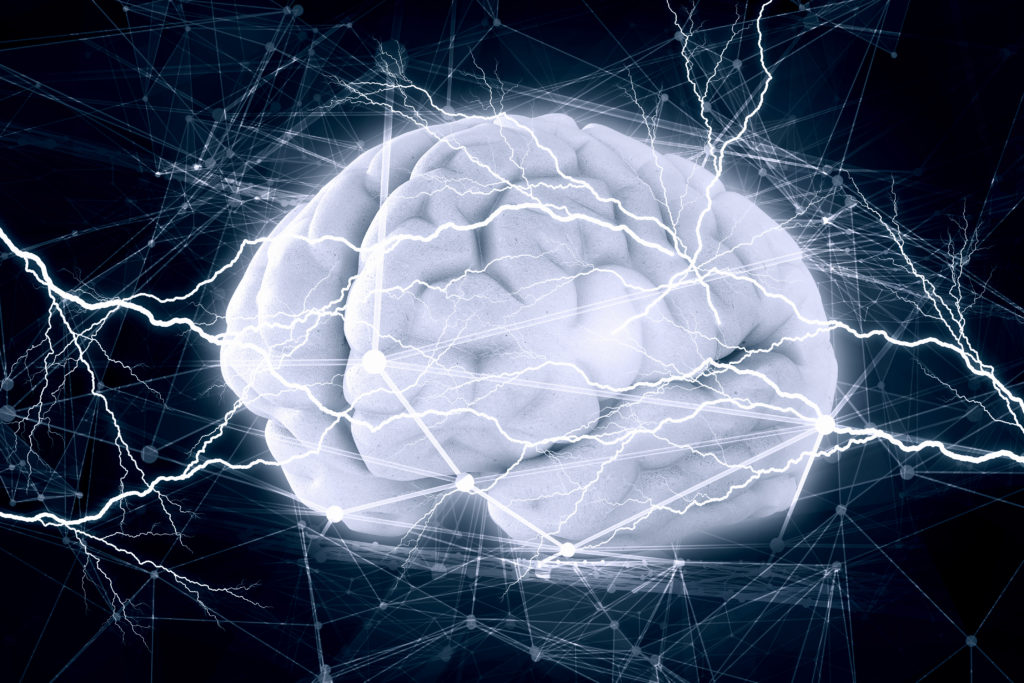Quick Hits
Daily brief research updates from the cognitive sciences

Insulting other people is not a good thing to do, we know that. Though we have all been guilty of it at some stage, no doubt. Similarly, we have all probably experienced insults of varying degrees. But what does this do to our brains?
Enter Marijn Struiksma et al. who investigated the brain and skin responses of three types of statement with a view to seeing if we get used to these statements over time i.e. does an insult become weaker over time as we get used to it. Obviously running this type of experiment runs into a number of ethical problems. How do we insult people without causing them too much distress, etc.?
The resulting experimental protocol was therefore very simple: 79 participants read three statements repeatedly. A negative statement “Andy is horrible”, a positive statement “Andy is impressive”, and a neutral statement “Andy is English”. To see differences to personalised statements, 50% of the statements used other names and 50% used the name of the participant.
Now, remember this is in a lab setting with the statements not coming from an interaction with a real person, the statements were fictitious, and, on the big scale of things, very mild. However, even so, the data showed that these statements still do get at you triggering robust brain wave changes and a stress skin conductance response. But what is surprising or noteworthy is that:
- Insults elicited strong responses irrespective of the person they were directed at (brain wave responses and skin conductance responses)
- Insults were more powerful than compliments, triggering the equivalent of a mini-slap to the face
- Insults did not degrade over time
This shows that there is a strong negativity bias when it comes to personal information and how sensitive we human beings are to these types of comments. But also, that negativity remains even after repetition is surprising because normally, we expect repetition to dull the effect – not so with insults.
It would be great to study this in the real world but that raises many ethical hurdles. For now, we know that insults do stimulate strong brain wave and skin conductance effects that remain persistent over time and are stronger than the effects of a compliment.
This may, on a different note, be why the rule of 6-1 was given for marriages and also business leadership. You need at least 6 positive comments to each negative comment.
Indeed, be sparing in your criticism and generous in your compliments.

Andy Habermacher
Andy is author of leading brains Review, Neuroleadership, and multiple other books. He has been intensively involved in writing and research into neuroleadership and is considered one of Europe’s leading experts. He is also a well-known public speaker, speaking on the brain and human behaviour.
Andy is also a masters athlete (middle distance running) and competes regularly at international competitions (and holds a few national records in his age category).
References
Struiksma, M. E., De Mulder, H. N. M., and Van Berkum, J. J. A. (2022).
Do People Get Used to Insulting Language?
Front. Commun. 7.
Available at: https://www.frontiersin.org/articles/10.3389/fcomm.2022.910023.
More Quick Hits
Learning at double-speed?
Quick HitsDaily brief research updates from the cognitive sciences ouldn’t it be great if we could learn things double speed? Well, maybe we can. At least according to a study out of the University of California. During the pandemic many...
The “drunken monkey” hypothesis – proven
This had to be a story I covered – monkeys and alcohol sounds too good to pass up. But this is also linked to the “drunken monkey” hypothesis: that humans developed their love for alcohol in earlier primitive times accidentally, and then intentionally, eating fruit...
The Newly Discovered Bias That Makes Us Think We Are More Diverse Than We Are
A few weeks ago I reported on some newly discovered ways we are biased namely that we consider generic terms such as “people” as equivalent to “men” rather than men and women. This was specifically focused on gender bias but this latest piece recently published shows...
Self-awareness of autism leads to better quality of life
Autism has become a well-known diagnosis in recent years. Though some people seem to be against this sort of labelling, and the general increase in different label of mental conditions, a study out of the University of Portsmouth shows why this is actually a good...
Optimal sleep improves your brain, mental, and physical health - and it’s not as much as you think
I’ve reported multiple times on sleep and how it affects just about everything form cognitive performance, to brain plasticity, to physical performance, to mental health, and to metabolism. The question...
No change for a century – children’s backgrounds still predict the same educational outcomes
Educational opportunities have changed dramatically for children over the last century – schools have changed, and college and university admissions have grown. Or so we might think at least. But according to a study out of the University of York, that is not the...






